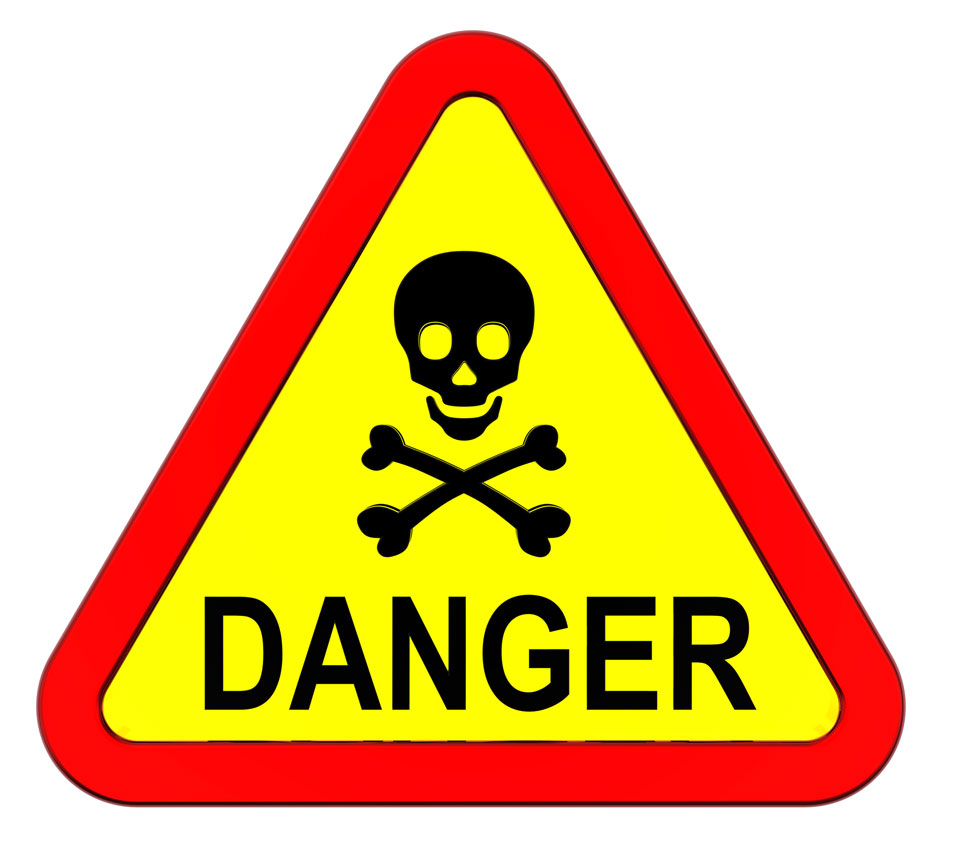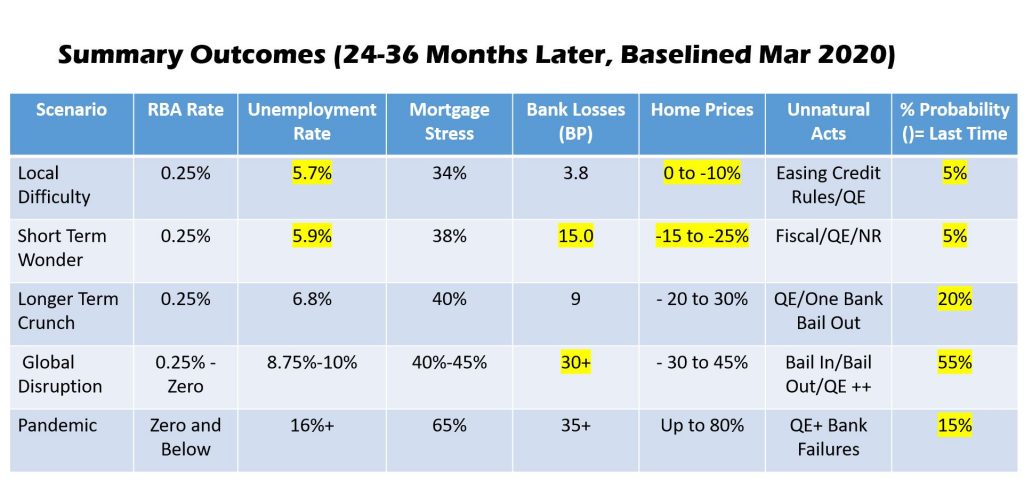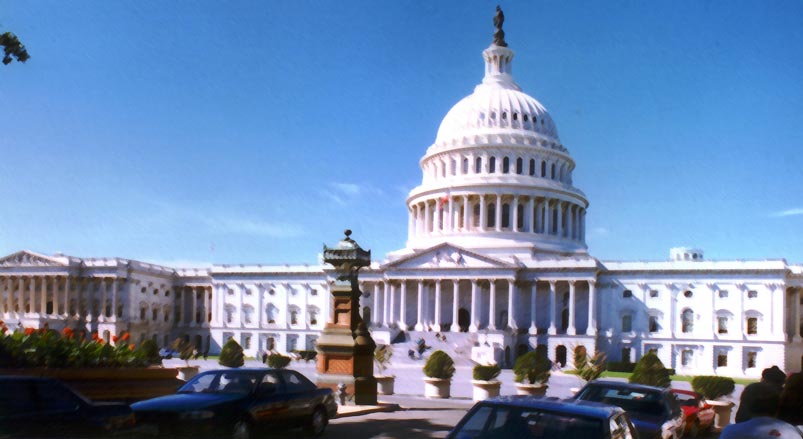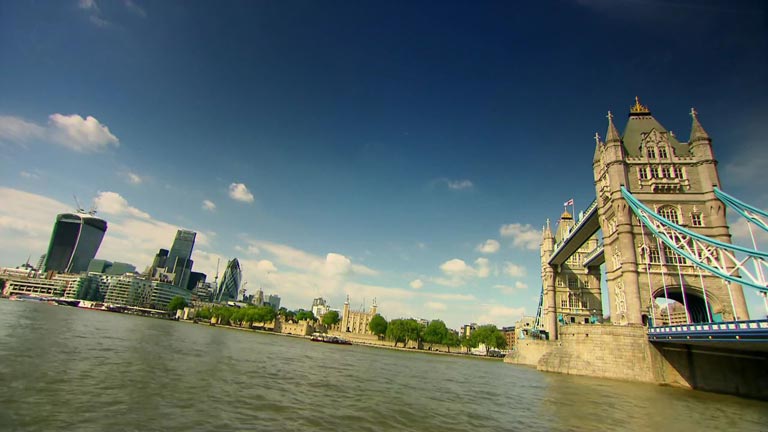The Australian Prudential Regulation Authority (APRA) today announced temporary changes to its expectations regarding bank capital ratios, to ensure banks are well positioned to continue to provide credit to the economy in the current challenging environment.

Over the past decade, the Australian banking system has built up substantial capital buffers. The highest quality form of capital, Common Equity Tier 1 (CET1) capital, reached $235 billion at the end of 2019. As a result, banks are typically maintaining capital levels well above minimum regulatory requirements.
In 2017, APRA set benchmark capital targets for banks to enable them to be regarded internationally as unquestionably strong (which was a recommendation of the 2014 Financial System Inquiry). These benchmarks are well above current minimum regulatory requirements. For the four major banks, for example, this benchmark equated to having a CET1 ratio of at least 10.5 per cent of risk-weighted assets. A lower benchmark applies for smaller banks. In comparison, the actual CET1 ratio of the banking system by the end of 2019 had reached 11.3 per cent.
APRA is advising all banks today that, given the prevailing circumstances, it envisages they may need to utilise some of their current large buffers to facilitate ongoing lending to the economy. This is especially the case for banks wishing to take advantage of new facilities announced today by the Reserve Bank of Australia to promote the continued flow of credit. Provided banks are able to demonstrate they can continue to meet their various minimum capital requirements, APRA would not be concerned if they were not meeting the additional benchmarks announced in 2016 during the period of disruption caused by COVID-19.
APRA Chair Wayne Byres said: “APRA has been pursuing a program to build up the financial strength of the system for many years, when banks had the capacity to do so. As a result, the Australian banking system is well-capitalised by both historical and international standards.
“APRA’s objective in building up this capital strength has been to ensure it is available to be drawn upon if needed in times such as this. Today’s announcement reflects the underlying strength of the system: even if the banking system utilises some of its current large buffers, it will still be operating comfortably above minimum regulatory requirements,” Mr Byres said.







